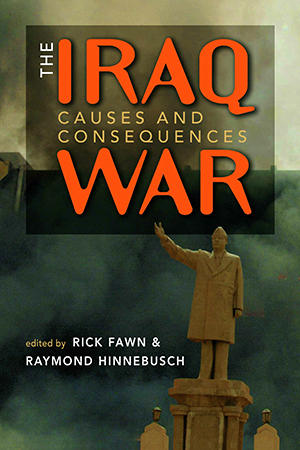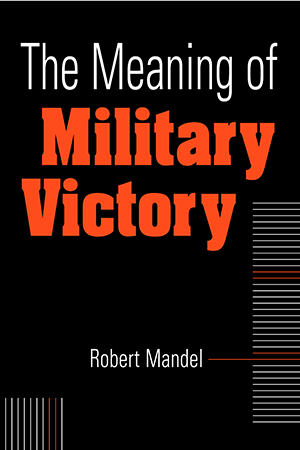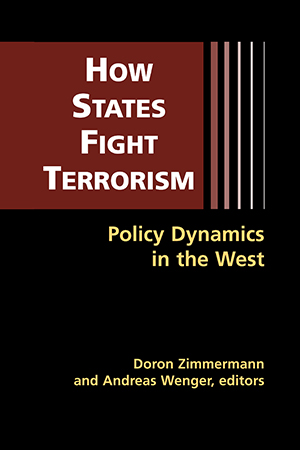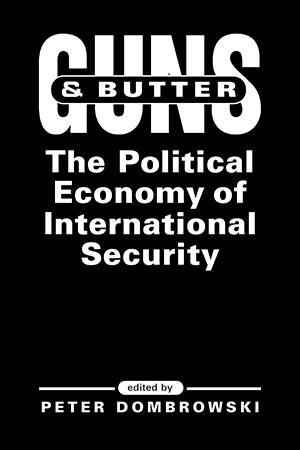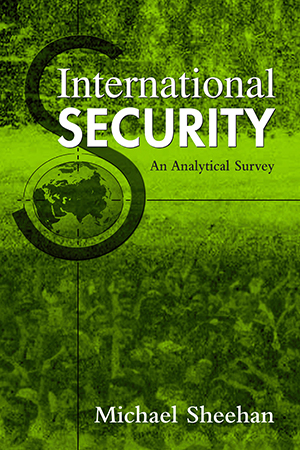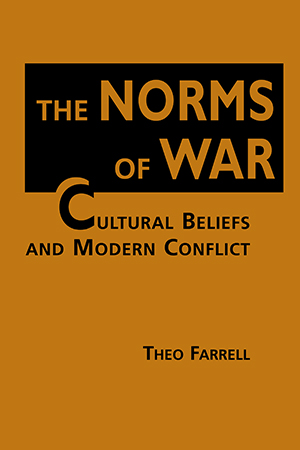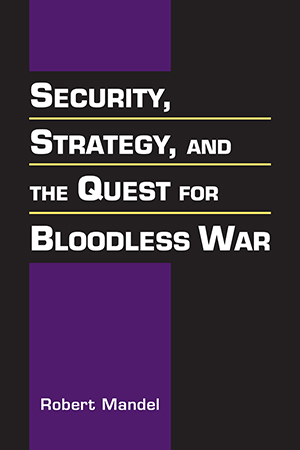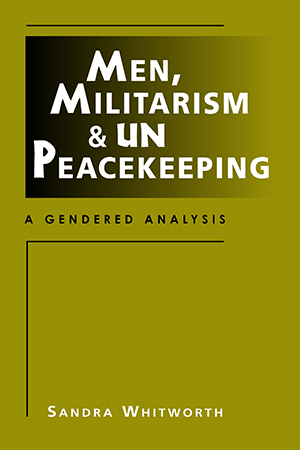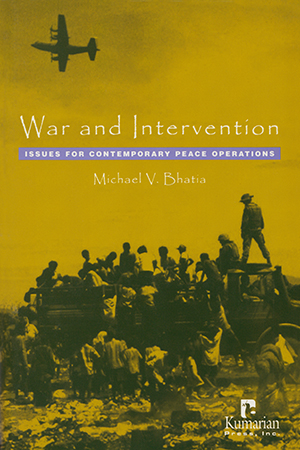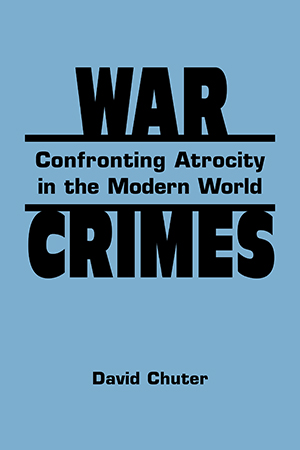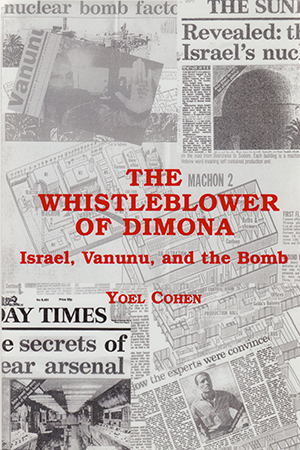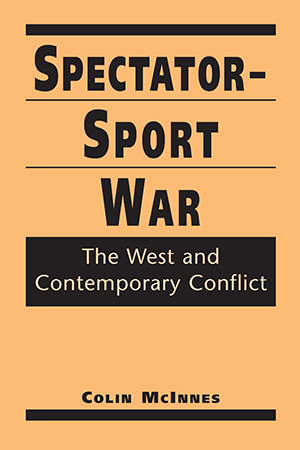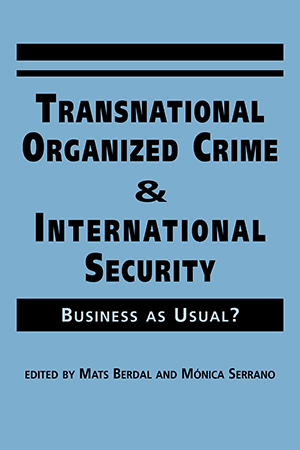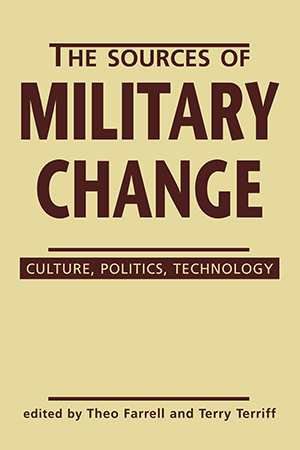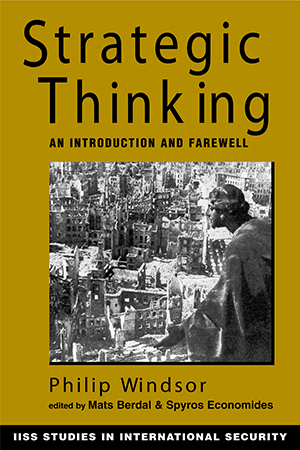Security & Intelligence Studies
While the war in Afghanistan saw most industrial countries back the US-led campaign, the subsequent war in Iraq profoundly divided international opinion—and likely represents a More >
How has the concept of victory evolved as the nature of conflict itself has changed across time, circumstance, and culture? And to what end? Robert Mandel addresses these questions, More >
As national governments struggle to cope with the complex threat of mass-casualty terrorist attacks, there is an ongoing debate about the best approaches to counterterrorism policy. The More >
Reflecting the growing interest among scholars and practitioners in the relationship between security affairs and economics, this new volume explores the nature of that relationship in the More >
Michael Sheehan provides a masterly survey of the varied positions that scholars have adopted in interpreting "security"—one of the most contested terms in international More >
Although the horrors of war are manifest, academic debate is dominated by accounts that reinforce the concept of warfare as a rational project. Seeking to explain this paradox—to More >
In recent decades, government and military officials alike have pushed increasingly in the direction of "bloodless wars," where confrontations are undertaken—and ultimately More >
Sandra Whitworth looks behind the rhetoric to investigate from a feminist perspective some of the realities of military intervention under the UN flag. Whitworth contends that there is a More >
War and Intervention explains how armed forces, aid agencies, and transitional adminsitrations in war-affected countries have adapted to the changing circumstances of modern war and More >
War crimes typically are discussed in sensational terms or in the dry language of international law. In contrast, David Chuter brings clarity to this complex subject, exploring why More >
In 1986, Mordechai Vanunu, a technician at Israel's highly secret nuclear arms research center at Dimona, disclosed highly classified details about Israel's nuclear arms program to More >
Following a century dominated by global conflict—and despite the unchanging nature of the human suffering it causes—the nature of war itself, argues Colin McInnes, has been More >
Though the provision of illicit goods and services is far from being a new phenomenon, today's global economic environment has allowed transnational organized crime an unprecedented More >
In varying circumstances, military organizations around the world are undergoing major restructuring. This book explores why, and how, militaries change. The authors focus on a complex of More >
In this, his final book, Philip Windsor explores the emergence, meaning, and significance of the Cold War mentality. Tracing the evolution of strategic thinking from its origins in medieval More >


